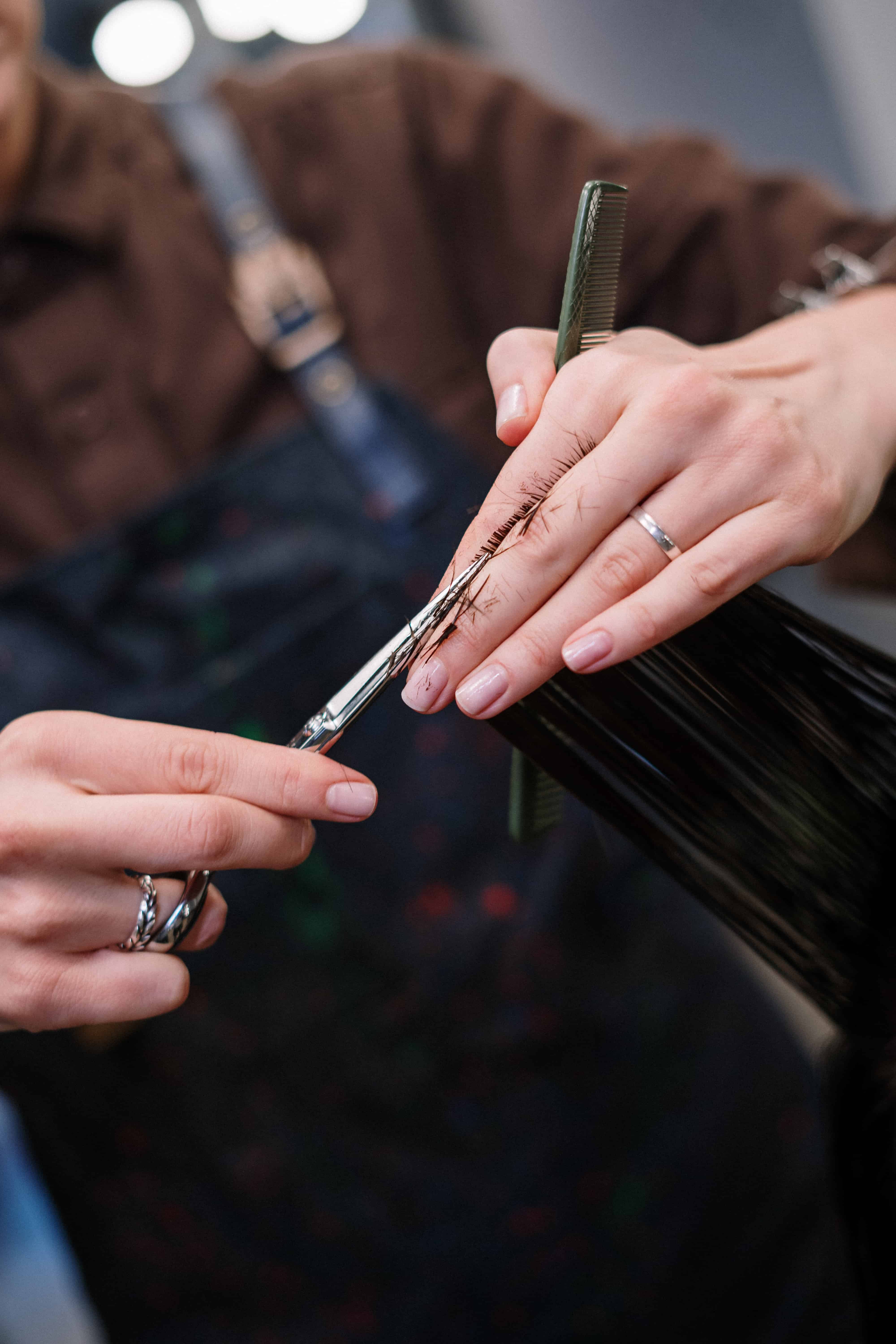Is it permissible to trim your nails and cut your hair if you intend to do a sacrifice (qurbani) on Eid?

Is it permissible to trim your nails and cut your hair if you intend to do a sacrifice (qurbani) on Eid?
When a person enters a state of ihram for Hajj, they are not allowed to trim their hair or clip their nails since these are among the things prohibited while in ihram. This includes shaving, and any other forms of hair removal for men and women.
Does this apply to those who are doing a sacrifice but have not gone for Hajj?
This question arises every year and is disagreed upon by scholars. Although the opinion that you may not cut hair or nails is well known, it is not the only opinion.
The explanation for this is that there are three valid opinions from the four Schools of Thought:
1. Permissible – Hanafi and Maliki opinion
The position Abu Hanifa and some Malikis, is that trimming hair and nails during the first ten days of Dhul Hijjah by the one who intends to offer a sacrifice is permissible. It is not forbidden.
2. Disliked – Shafi’i school
The position of the Shafii’s, and Malik is that it is ‘makrooh’ (disliked) and within that category, specifically ‘makrooh tanzeeh’, (discouraged but closer to permissible than sinful). It is not forbidden.
3. Forbidden – Hanbali opinion
The Hanbali school, according to Imam Ahmad says that it is sinful and forbidden.
Should people who follow the Hanafi opinion in general follow the Hanbali opinion to err on the side of caution?
If you follow the Hanafi school in general there is no sin on you for following the Hanafi opinion in this matter, as the opinions of all three schools are valid.
What is the evidence it is prohibited?
The hadith of Umm Salama (may Allah be pleased with her) who reported that Allah’s Messenger (peace be on him) said:
If anyone has in his possession a sacrificial animal to offer as a sacrifice (on Eid al-Adha), he should not get his hair cut and nails trimmed after he has entered the first days of Dhu’l Hijja. (Muslim)
What is the evidence that it is permitted?
Aisha (may Allah be pleased with her) said:
I used to twist the garlands for the Hadi (sacrificial animals) of the Messenger of Allah (peace be on him) with my own hands, then the Messenger of Allah (peace be on him) would garland them with his own hand. Then he would send them with my father, and the Messenger of Allah (peace be on him) would not refrain from anything that Allah, the Might and sublime, has permitted until the Hadi was sacrificed. (Muslim and Nasa’i)
What she is saying is the Prophet (peace be on him) would send his animals to be slaughtered, (when he was not performing Hajj) and would not refrain from doing anything such as cutting nails or anything else that was prohibited to those who are in ihram.
Imam Nawawi discussed the opinions in his book Al-Majmou’:
Our school is that removing hair and nails in the ten days of Dhul Hijjah for those who want to sacrifice is lightly makrooh, until he makes the sacrifice. Malik and Abu Hanifa said it is not makrouh, (i.e it’s permissible).
The Hanafi and Shafi’i give precedence to the Hadith of Aisha (may Allah be pleased with her) over the hadith of Umm Salama.
How long does on abstain from cutting?
From 1st Dhul Hijjah until the sacrifice is done on the day of Eid.
What is the wisdom behind not cutting nails and hair?
The reason the one offering the qurbani does not cut their hair or nails is that they are emulating those who have gone for Hajj, as one of the conditions of being in ihram is that one does not cut their hair or nails. However in reality there are three types of Hajj, and in Hajj al-tamattu’ the Hajji does not stay in ihram for 9 days continuously, therefore the requirement not to cut hair and nails is a recommendation not an obligation.
Is hijama permitted if one intends to give a sacrifice?
Yes. Hijama does not break the state of ihram.
The Summary
There are two main opinions – one which says it is haram and one which says it is permissible.
The issue has a broad scope, so whoever wants to be on the side of caution, can keep away from cutting nails and hair and thus avoid the disagreement.
However, whoever wants to cut his hair or nails, there is no sin on him as per the hadith of Aisha (may Allah be pleased with her). And Aisha (may Allah be pleased with her) is the one of the best sources of knowledge we have. Moreover it is from the Sunnah of the Prophet (peace be upon him) to choose the path of ease when offered a choice between two valid options.
Shaykh Haytham Tamim
24th July 2020
What do I need to know about Qurbani?
- How Allah strengthens the hearts of believers
- Why should you follow up one good action with another one?
- Don’t be a Ramadani person – Be a Rabbani person.
- How do you pray Salat al-Kusuf – the prayer during a solar eclipse
- The test of will – Tarawih Reflections 30

Recommended Posts

How Allah strengthens the hearts of believers
April 19, 2024

Don’t be a Ramadani person – Be a Rabbani person.
April 10, 2024

